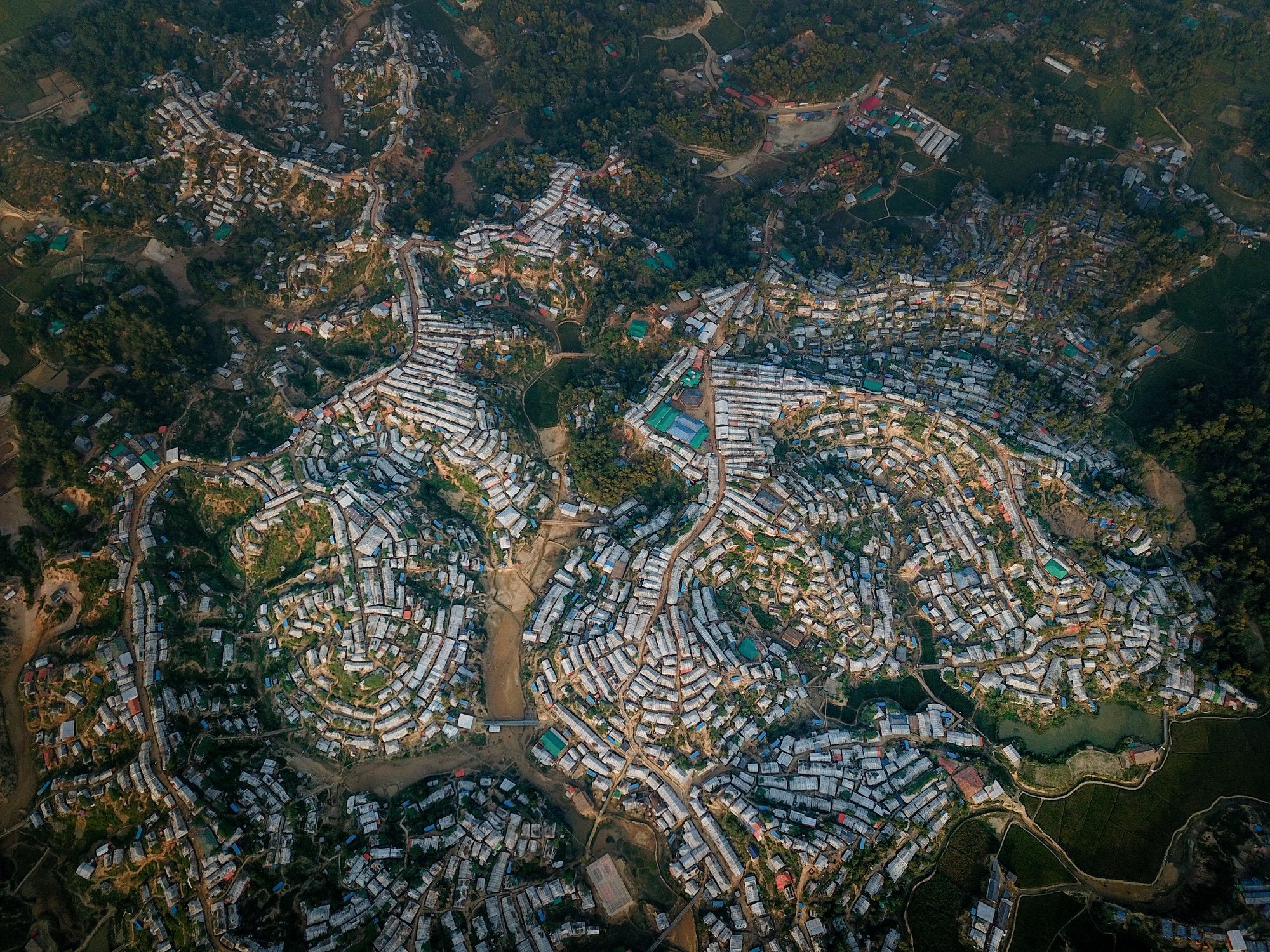
It is not just the state of Myanmar that is on trial, but our collective humanity
On December 10, as the International Court of Justice (ICJ) trial of Myanmar’s genocide against Rohingya Muslims got underway, de facto state leader Aung Sang Suu Kyi sat steely eyed, impassive. The Gambia, representing a coalition of 57 Muslim majority countries, called on the Court to invoke the 1948 Genocide Convention against Myanmar. Under the Convention, which was ratified by Myanmar in 1956, states can be held accountable for failing to prevent genocide, or failure to hold perpetrators of genocide accountable.
Specifically, The Gambia has asked the court for an order of provisional measures “to protect the rights of the Rohingya, and to take steps to prevent the aggravation or extension of the dispute pending the final judgment of the Court.” Under Article 41(2) of the ICJ Statute, if the court reaches a remedial decision, its orders will be automatically sent to the UN Security Council.
On December 12, Suu Kyi defended the government of Myanmar against the accusations. In a speech lasting almost half an hour, the Nobel Peace Prize winner refused to mention the Rohingya by name, labeled Gambia’s case ‘incomplete and misleading’, and reframed state sanctioned war crimes as a counter-terrorism operation against ‘Islamic terrorists.’
Suu Kyi’s statement runs contrary to a mountain of evidence. On August 27, 2018, the UN released a scathing report calling Myanmar’s aggressions agains the Rohingya a genocide. In September 2018, UN fact-finding missions linked atrocities in Myanmar to the military; in May 2019, it advocated financial isolation of the country’s military and recommended “its commanders be isolated and brought before a credible court to answer charges of war crimes, crimes against humanity and genocide.” Suu Kyi’s use of ‘war on terror’ discourse attempts to whitewash reality.
The truth remains that entire villages in Rakhine have been burnt to the ground, remaining Rohingya have been imprisoned in ‘apartheid like conditions,’ and no military leader has been held accountable for widespread murder, arson, sexual violence and gender-based crimes against an ethnic and religious minority. The truth remains that right now, in Bangladesh, the future of one million refugees depends on deliberations currently underway in the Hague.

For now, the scope of the Court is narrow. Gambia has implored the ICJ to impose legally binding measures to ensure the safety of Rohingya living in Myanmar and elsewhere. Importantly, a guilty verdict might open the door to holding key perpetrators of genocide accountable, and lead to sanctions being imposed on Myanmar.
What is at stake is not just the fate of the Rohingya, nor just the fate of a genocidal state, but rather the fate of institutions dedicated to ending impunity for war crimes and crimes against humanity. To quote the late Kofi Annan, ‘without justice, there can be no lasting peace.’
It is not just the state of Myanmar that is on trial, but our collective humanity.

 Search
Search